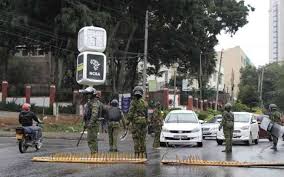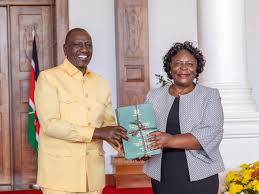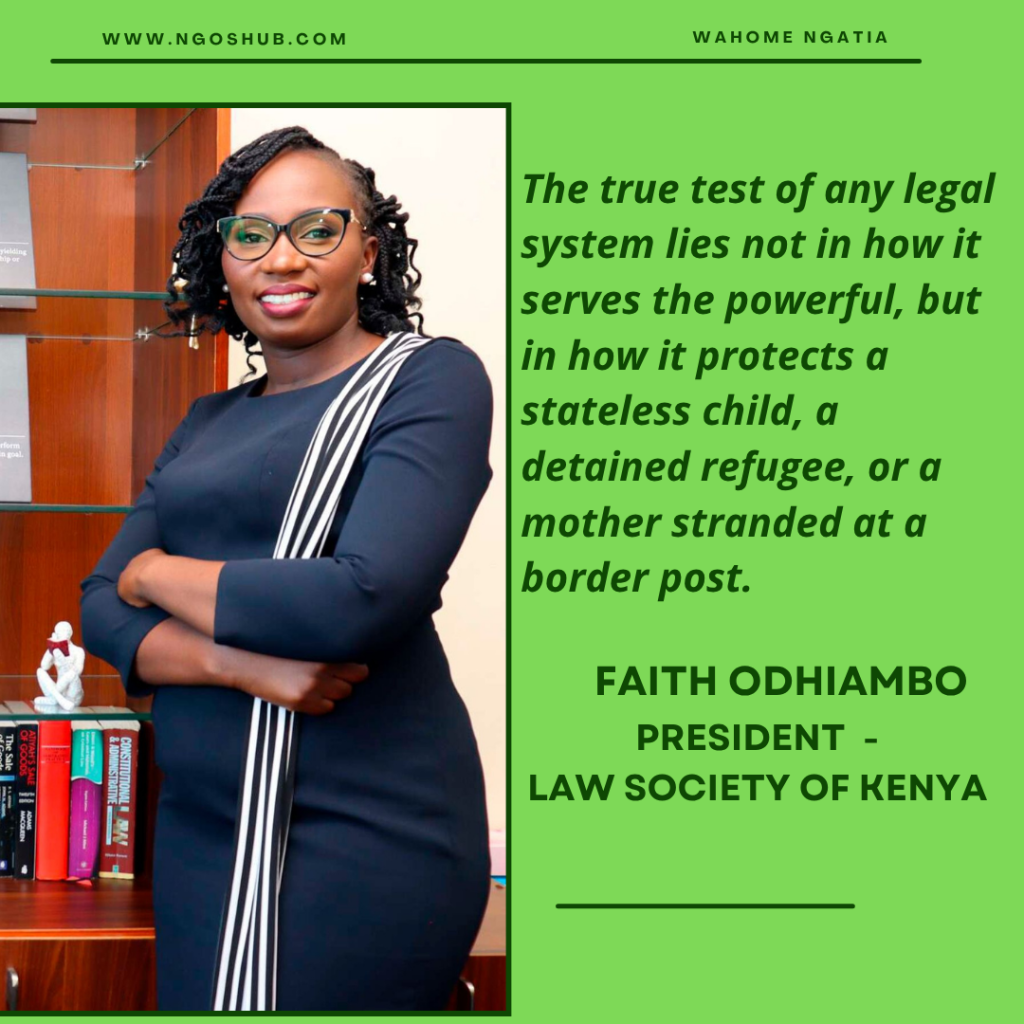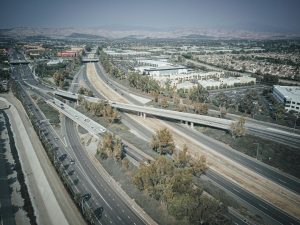By Wahome Ngatia
In a landmark development, the High Court of Kenya has issued a conservatory order barring the Inspector General of Police and his officers from mounting barricades within the Nairobi Central Business District (CBD) without issuing prior advisories. This comes after Katiba Institute filed an urgent constitutional petition citing gross violations of Kenyans’ rights to assembly and movement amid escalating police crackdowns on recent protests.
Over the past three days, Kenya has witnessed a resurgence of nationwide demonstrations, with citizens rallying against government excesses, extrajudicial killings, and corruption. Marking the anniversary of last year’s deadly protests that claimed over 60 lives, thousands took to the streets across the country. In Nairobi, however, their movement was met with impassable police barricades, barbed wire, and sealed-off streets—tactics many likened to martial law.
The Katiba Institute, joined by the Kenya Human Rights Commission and the Independent Medico-Legal Unit, moved to court on June 25th, the very day the city centre was militarised. Their case, grounded in constitutional principles and previous court rulings, argued that the police had no legal basis to block public roads arbitrarily. They pointed to Articles 37 and 39 of the Constitution, which protect the rights to peaceful assembly and freedom of movement, respectively.
Crucially, the Institute cited earlier court rulings—including Katiba Institute v Inspector General of Police (E349 of 2024)—which had already outlawed blanket bans on protests. Despite those judgments, police actions appeared to defy judicial precedent, effectively muting dissent through fear and inaccessibility.
On July 9th, Justice Mugambi upheld the public’s right to information and access, issuing a conservatory order that compels the police to issue timely notices before erecting any future roadblocks. “Citizens must be allowed to plan their lives accordingly,” the judge ruled, emphasizing that public order must not override constitutional liberties.
This legal intervention is particularly significant in the wake of Interior CS Kipchumba Murkomen’s controversial shoot-to-kill remarks during a press briefing last month. The remarks, widely circulated and condemned, prompted Katiba Institute to file a separate petition challenging what they describe as incitement to violence and unconstitutional directives. That case remains pending before the court.
“The ruling on barricades is not just about access to roads—it is a statement on the future of constitutional governance,” said Joshua Malidzo, Katiba’s lead counsel. “We are pushing back against creeping authoritarianism.”
As Kenya braces for further protests, the judiciary’s willingness to check executive overreach will be under sharp public scrutiny. For now, however, civil society has scored a rare but critical victory in defence of democratic space.













